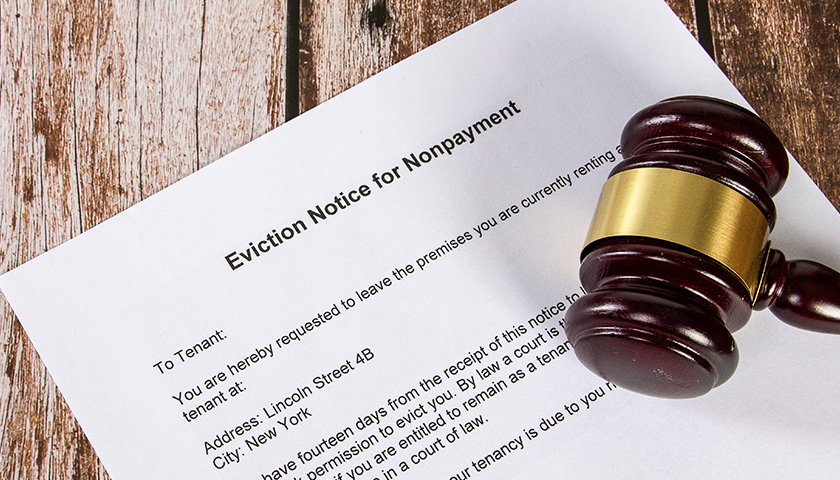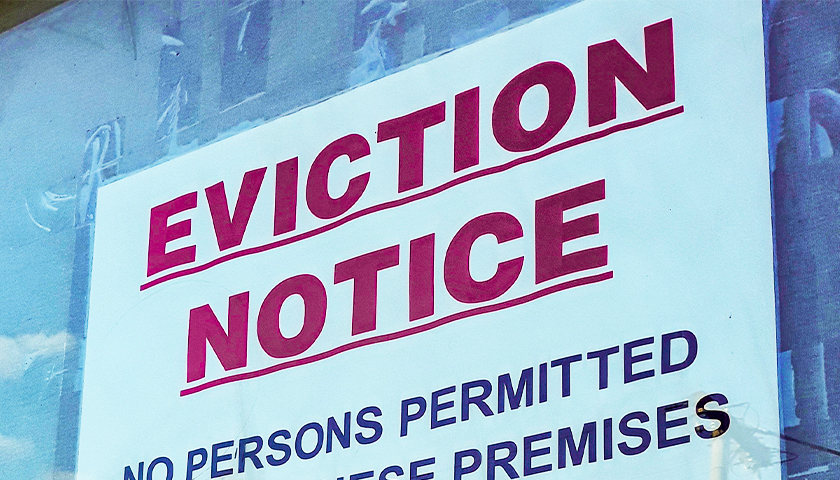A federal moratorium on evictions ended on Saturday night, giving landlords the ability to remove tenants who have not paid their rent.
In Florida, a Zillow forecast estimates that there are currently 144,220 households that rent their homes or apartments and may be at risk of getting evicted. This is 9,879 more than last month. The analysis indicates 357,194 renter households in Florida are currently behind on rent, 48,969 less than in June.
The eviction moratorium imposed by the Centers for Disease Control and Prevention was renewed several times over the past year. However, the Biden administration, after approving a 30 day extension in June, made it clear the moratorium would not be renewed again.
The moratorium was designed to give states and counties more time to disburse rental assistance money.
However, it has been reported that the Department of the Treasury has awarded a small fraction of the billions of dollars Congress appropriated for rental assistance since January.
The federal government has expended less than $3 billion of the $46.6 billion in funds given to the Emergency Rental Assistance (ERA) program, the Treasury Department announced on Wednesday. The U.S. doled out $1.49 billion from January through May and $1.5 billion in June to low-income renters nationwide, according to a spreadsheet published by the Treasury.
“While more households are getting help, in many states and localities, funds are still not flowing fast enough to renters and landlords,” the Treasury Department said. “Treasury is continuing an all-out effort, in coordination with the White House and interagency partners, to get the word out about the availability of rental assistance and to support grantees in ramping up their efforts.”
Donald Dixon of Salvation Army Florida said that some people have been able to find the financial resources to help themselves, but it is not clear what will happen when the moratorium ends. “We can’t say with certainty how deep it will be felt, but it will be felt,” Dixon told the Sun-Sentinel.





